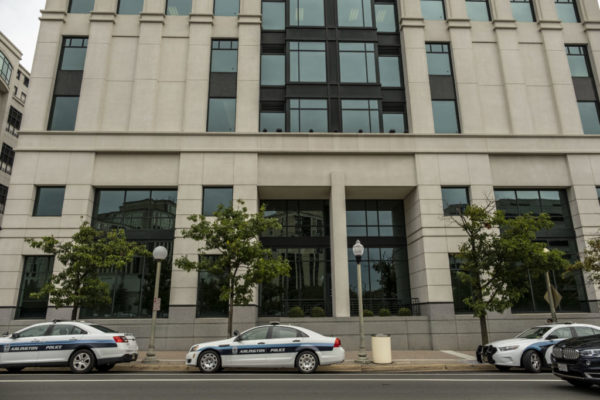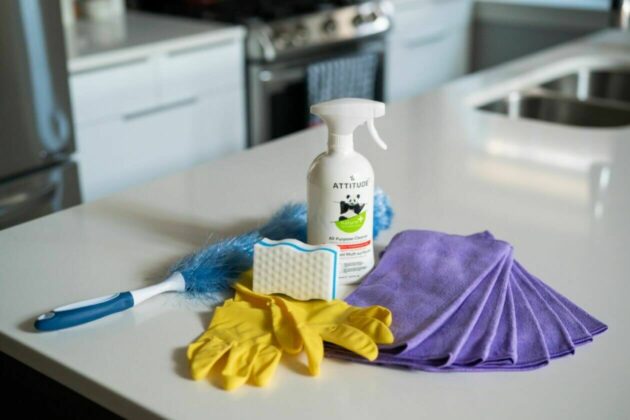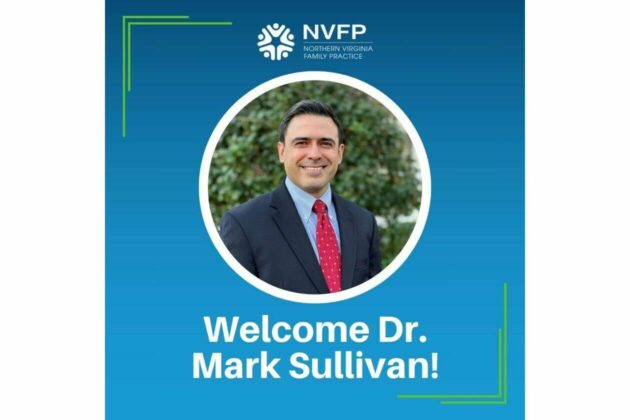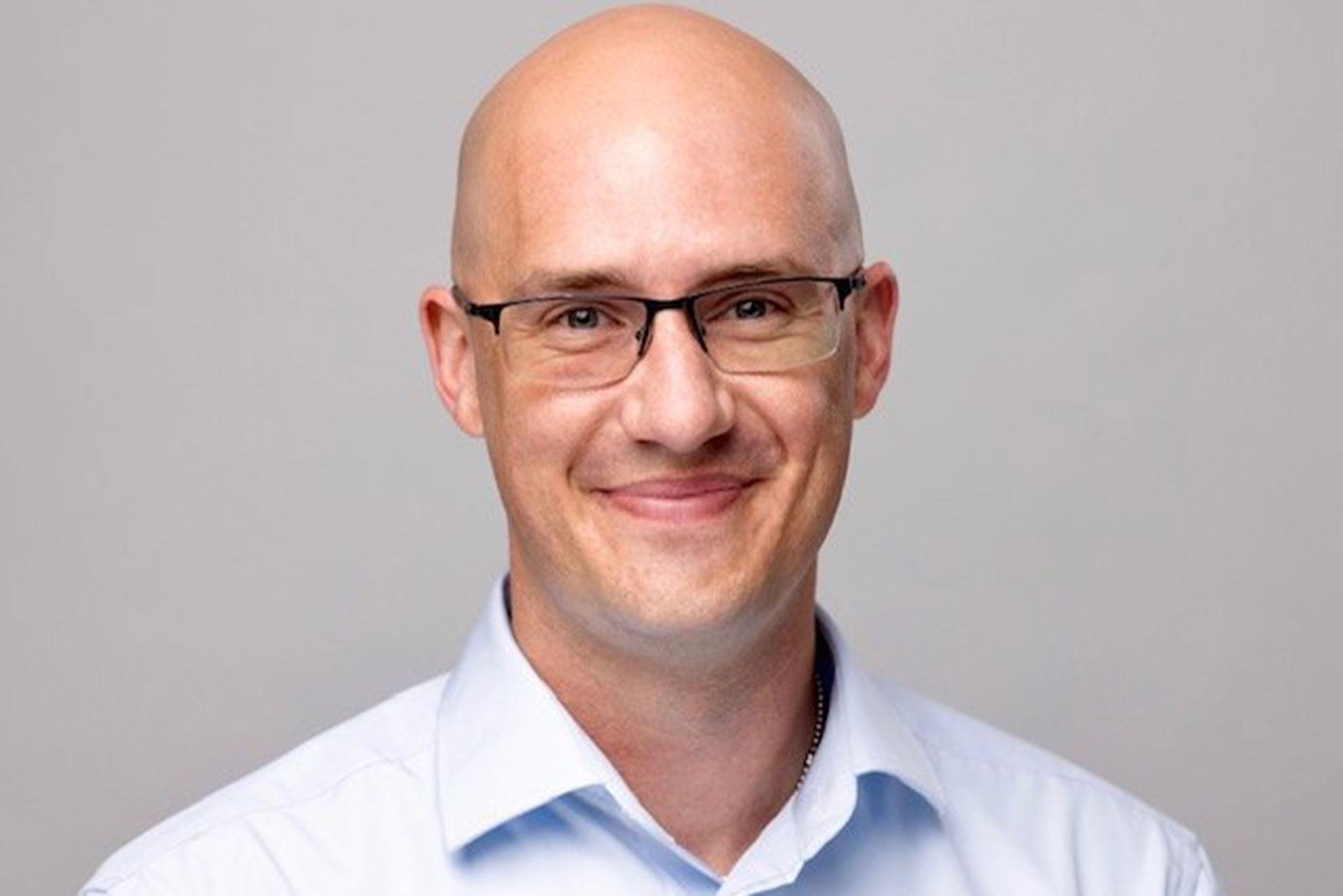
(Updated at 5:45 p.m.) When Braylon Meade died in a car crash, a juvenile court judge handed down a sentence of one year of incarceration and two years of probation to the 17-year-old who crashed into him.
Prosecutors asked for a longer confinement term.
Had the crash happened just two months later, however, the driver would have been 18, would have been tried as an adult in circuit court, and likely would have received a stronger sentence.
Meade’s mother, Rose Kehoe, argued last month that this case should have been transferred to Arlington County Circuit Court, which handles felonies, given the age of the young man who killed her son and the severity of the crime. The then-17-year-old was driving 95 mph, had a blood-alcohol content of under 0.08%, according to Chief Public Defender Brad Haywood, who spoke with multiple people familiar with the case.
Last month, Kehoe backed Josh Katcher, who is running against incumbent Commonwealth’s Attorney Parisa Dehghani-Tafti, citing the judgment call and how she was treated as by Dehghani-Tafti’s office.
“Meaningful reform requires nuanced thinking regarding the facts of each individual case and applying the law fairly and appropriately,” Kehoe wrote in a letter to State Sen. Barbara Favola, who endorsed the sitting Commonwealth’s Attorney. “In the case of Braylon Meade, we have no doubt that Ms. Dehghani-Tafti’s political rigidity on the issue of refusing to charge juveniles as adults is what governed this case.”
Kehoe also recorded a campaign video ad for Katcher.
Justice for victims … or the lack thereof has become a defining storyline in this election. We are up with our first ad and I am grateful that Rose Kehoe is willing to share her family's experience with my opponent. pic.twitter.com/e33HdBzHRi
— Josh for Arlington (@Josh4Arlington) May 23, 2023
One of Dehghani-Tafti’s campaign promises was to not try children as adults where it was in her power to decide. In this case, she said the rehabilitative services provided by the juvenile system would be better for holding the defendant accountable than potentially incarcerating him in an adult prison.
The politicization over whether to try this one juvenile as an adult posed questions about whether it ever makes sense to try a juvenile as an adult and whether Arlingtonians want a top prosecutor to take a discretionary approach to trying juveniles as adults, or to never do it all.
Arguments for and against the practice
Dehghani-Tafti’s resolve reflects a trend in prosecutorial reform to advocate against trying children as adults. Proponents argue children are not mini-adults and their brains work differently and that keeping juveniles plugged into developmentally appropriate services improves their outcomes later in life.
Fair and Just Prosecution nonprofit executive director Miriam Krinsky takes this view. Her organization advocates for a evidence-based, rehabilitative approaches to juvenile justice and, in a statement to ARLnow, she said cases like this one are hard but prosecutors should follow the science.
“Science shows that young people under the age of 25 are developmentally different from adults and should be treated differently by the system,” she said. “The science also shows that young people have a greater capacity for rehabilitation, are more responsive to treatment than adults because their brains are still developing, and are more likely to age out of criminal behavior.”
ARLnow also heard from lawyers who agree with the starting point that children should not be in adult prison — but who have a different view about trying a case in circuit court, which operates differently than a juvenile court.
“The Commonwealth’s Attorney has tons of discretion on every bit of it and can pursue plea deals, deferred dispositions, all kinds of things that could have been done and it would have given everybody involved the superior resources of the circuit court,” says Greg Hunter, a local defense attorney.
In short, if, after a hearing, a juvenile is transferred to circuit court for trial, adult prison is not a guarantee and a sentence can come with more oversight and a broader range of services.
They say this makes sense for older juveniles, who age out of the supervision of juvenile court after they turn 21 and thus have a shorter probation period in which reoffending has greater consequences. Judges can blend juvenile and adult sentences, which one study says did not impact recidivism outcomes.
The discussion unfolds, however, in a county where children are rarely tried in circuit court to begin with. One notable recent exception is when Maxwell Adams was tried as an adult for murdering his father, for which he received a 32-year prison sentence.
An uncommon occurrence
Trying a juvenile in circuit court is rare in Arlington, according to data since the 2017 fiscal year shared with ARLnow. The information was provided by the Court Service Unit, which provides domestic and delinquent intake services, juvenile probation and parole services.
In the 2016-17 fiscal year, and not once since, two juvenile cases in Arlington County were required by law to go to circuit court. This process is reserved for murder and aggravated malicious wounding — when someone intentionally hurts someone, causing severe and permanent injuries.
Juveniles 16 or older can also be prosecuted in circuit court if they are charged with violent felonies, including carjacking and rape.
Prosecutors can pursue “transferring” juveniles at least 14 years old for non-deliberate felonies, like manslaughter. The judge checks to make sure the defendant was charged with a felony and makes a decision after considering a “transfer report” containing the defendant’s age, openness to treatment, educational record and emotional maturity, as well as the seriousness of the crime and availability of different sentencing options.
Jurisdictions track how many of these “transfer reports” are issued every year. To underscore how rare this is in Arlington, the county has only issued three “transfer reports” in the last six years, compared to the 161 issued last year alone across the state, according to the Dept. of Juvenile Justice.
Sources who spoke to ARLnow hypothesize that, were a transfer report generated for the teen who killed Meade, he would not have had many indicators pointing to circuit court. He pled guilty without seeking a lesser charge and did not have a criminal record, for instance.
“The transfer of someone with no record [for] a non-deliberate offense is unusual,” says defense attorney Chris Leibig. “The argument that it is some sort of a lenient position not to transfer that person is simply not true. It’s not how it generally is handled.”
Others argued prosecutors have a greater role even in these transfers than judges do, saying they serve more of a rubber stamp and cases like this could go to circuit court.
Ultimately, the case — an imperfect poster child for the practice compared to the Adams case — revealed gaps in the current system that some say would be filled with new reforms.
A new future
The energy to reform how the system handles kids responds to a more aggressive, tough-on-crime approach from the 1990s, explains Professor Andrew Block of the University of Virginia Law School, who led the Virginia Dept. of Juvenile Justice from 2014 to 2019 and oversaw the closure of several juvenile correctional centers.
“People were concerned about a rise in youth violence,” he said. “In the mid-1990s, Virginia and lots of other states made it easier to try more kids as adults.”
Lawmakers allowed prosecutors to get cases moved to circuit court without a full hearing and by requiring certain cases to automatically go to circuit court, he said, adding. These policies resulted in an uptick in juveniles tried as adults.
Then, researchers started studying the practice and found that minors were more likely to reoffend and end up back in prison they went through the adult system, he said. This has resulted in more recent changes to state law, such as raising the minimum age for requiring circuit court trials from 14 to 16 in 2021.
“This makes sense because juvenile courts have way more in terms of rehabilitative services and the kind of peer learning that happens when kids go to adult facilities isn’t in the right direction,” Block said.
Now, Virginia seems to be going in a different direction, increasing lengths of confinement for juveniles in its one remaining juvenile correctional center to combat recidivism.
But Block says a different approach would help community safety, kids and families more. He says the General Assembly should instead increase the jurisdiction of juvenile court so that young adults benefit from the mix of accountability and rehabilitation services that the juvenile system provides.
“It would save us trial and hardship down the line,” he said. “There are kids who are dangerous and scary and those are the kids the adult system should be reserved for. There are a lot of other kids who, if we get it right, with the right services at right time, they don’t have to keep going down the road of court-involvement and being a risk to their community.”
The following in-depth local reporting was supported by the ARLnow Press Club. Join today to support local journalism and to get an early look at what we’re planning to cover each day.
Recent Stories

Unlike our competitors, Well-Paid Maids doesn’t clean your home with harsh chemicals. Instead, we handpick cleaning products rated “safest” by the Environmental Working Group, the leading rating organization regarding product safety.
The reason is threefold.
First, using safe cleaning products ensures toxic chemicals won’t leak into waterways or harm wildlife if disposed of improperly.
Second, it’s better for you and your family. Fragrant chemicals in surface cleaners can expose you to a similar amount of pollutant particles as a busy city road, New Scientist reported.

Northern Virginia Family Practice (NVFP), known for its comprehensive concierge healthcare, is thrilled to introduce Mark Sullivan, MD as the newest member of its family medicine team.
Dr. Sullivan brings a wealth of experience in family medicine, underpinned by a passion for delivering personalized, patient-centered care. He has a distinguished background in managing various medical conditions, emphasizing preventive care, health education and chronic disease management. Dr. Sullivan is adept at employing the latest medical research and technologies to enhance patient outcomes.
Beyond his medical expertise, Dr. Sullivan is committed to the well-being of his community, demonstrating this through his active engagement in local health initiatives and educational programs. His approach to medicine is holistic, focusing on integrating physical, mental and emotional health and patient education to achieve optimal patient wellness.
Dr. Sullivan is now accepting new patients at their newly established Arlington office at 2445 Army Navy Drive, Arlington, VA, 22206. The office, known for its patient-friendly amenities and state-of-the-art medical facilities, continues to provide the exceptional, personalized care NVFP is known for in its newly upgraded Arlington location.
Fascination
Goth-Dark Wave Dance Party with Belly Dancing and Drag King Show.
Part of OurAlternative Thursdays for Alternave People with Alternative Lifestyles
Performances By
Belladonna and the Nightshades
Ya Meena
Drag King - Ken Vegas
DJ Michelle Guided
National Chamber Ensemble – Concerto Celebration
We invite you to join us for an extraordinary evening of music at our Season Finale, “Concerto Celebration”! Enjoy several masterworks as NCE performs two famous concertos in an intimate chamber music setting, opening with a delightful work by Chevalier







